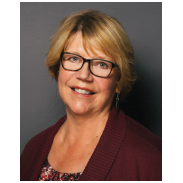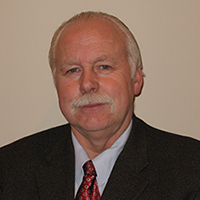In May, SMACNA-WW held supervisory training on effective communication and action planning, presented by Walead Atiyeh from Maxim Consulting. More than 50 members attended the event and left feeling inspired by the robust and involved programming.
The workshop was focused on learning and avoiding the roadblocks to great communication. One survey reports that project managers spend 90% of their time communicating. Atiyeh explored with the group the mediums of communication and discussed how we can be more successful communicators by knowing ourselves better, avoiding roadblocks to communication, and listening better. Members learned skills that will help them be more efficient and improve their relationships internally and externally.
The presentation addressed effective communication with the following topics:
1.
Effective Communication and its Impact on Project Success
2.
Understanding Verbal Forms of Communication vs Non-Verbal Forms of Communication
3. Characteristics of Effective Communication
4. Impediments to Effective Communication
5. DISC Personality Assessments
6. Listening and Understanding
• Reflective Listening
• Questioning Skills
7. Conflict Resolution in Construction
8. Methods to Resolve Conflicts
Part of the work involves identifying the type of communicators we are and the types we are interacting with using the DISC tool to facilitate easier and more effective communication. In it, characteristics of dominant, influential, conscientious, and stready individuals are identified along with motivators for each type and tips for how to communicate effectively depending on the category with which a person most closely identifies.
The training also looked at eliminating road blocks to communication by being curious, refraining from blame, solving problems, and seeking to understand. This area moved over into conflict resolution and listening skills, emphasizing how listening is possibly the most important component of mitigating conflict as we practice respecting others, listen until we experience the “other side”, and state our own views, needs, and feelings effectively.
The final topic was Goal Setting and Action Planning, presented at the conclusion of the program. Participants were encouraged to set goals and develop personalized action plans for their development. The purpose of this session was two-fold. Atiyeh was seeking to help participants make the learning stick by defining and committing to making changes when they return to the office. Secondly, the training aimed to encourage goal setting behavior by teaching how to set goals and develop plans to achieve those goals. ■



